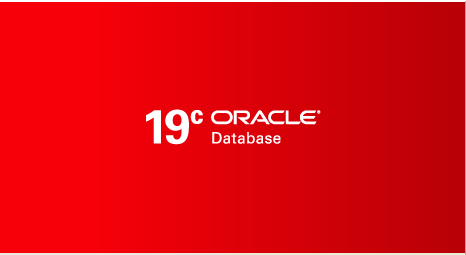Oracle Database is considered to be a relational database management system that is available for the users and developers from the corporation Oracle. The information is saved basically in the shape of the table space as well as a kind of data files that are available. Oracle Database organizations rely on the scalable as well as higher performance databases that are available in order to induce business programs for the data processing which is internal, the process of data warehousing and even business Analytics.
Oracle Database 19c (19.3) was released back in January 2019 on Oracle Live SQL and is the final release of the Oracle Database 12c product family. Oracle Database 19c comes with four years of premium support and a minimum of three extended support. It also forms a foundation for Oracle’s next phase of autonomous database optimizations. Oracle Database 19c builds upon the innovations of previous releases like Multitenant, In-Memory, JSON support, Sharding, and many other features that enable Oracle’s Autonomous Database Cloud Services.
Key Features:
- Operational database use cases such as; traditional transactions, real-time analytics, JSON document stores, and Internet of Things (IoT) applications
- Analytical database use cases such as; traditional and real-time data warehouses and data marts, big data lakes, and graph analytics.
- Additional capabilities for better support of GDPR
- Automatic Indexing. This feature uses machine learning (ML) algorithms to create and constantly adjust indexes to improve performance and cost savings. This means you can start the database without any, or with very few, indexes, and over a short period of time, the database will look at the way the data is queried and build indexes to provide efficient access plans for that dataset.
- Active Data Guard DML Redirect. Oracle launched Oracle Active Data Guard back in Oracle Database 11g, to help customers get more use from that standby database by running reports and backups against it. In Oracle Database 19c, Oracle adds an important twist on this feature which enables you to do transactions against the standby database.
- Hybrid Partitioned Tables. This feature enables database administrators to manage a table between partitions inside the database and partitions held on low-cost read-only datastores outside the database. These data stores can reside on-premises or in the cloud.
- JSON Support. Support for JSON gets improved. Oracle improved and simplified the syntax for our JSON functions and introduced the capability to do a partial JSON update. In addition, Oracle Database 19c includes new Simple Oracle Document Access (SODA) APIs for Java, Python, C, and Node.js.
- Query Quarantine. The overall performance of a data mart or a data warehouse can suffer when a user runs a query that consumes an excessive amount of I/O and computes resources. Oracle Database 19c can automatically quarantine those queries and ensure that they don’t run again, resulting in consistent performance for all database users.
System Requirements :
- Operating System: Windows 10/8/7
- Free Hard Disk Space: 10 GB free HDD
- Installed Memory: 4 GB of minimum RAM
- Processor: Intel Core 2 Duo or higher
Download Oracle Database for Windows 64-bit :
Size : 2.57 GB
Version : 19c (193000)
How To Install :
--------------------------------------------------------------------------------------
- Download "Oracle Database 19c (19.3)" file
- Use the latest Winrar to extract files
- Turn off the internet connection first
- Open the folder where it downloads
- Next, install the software
- Done.
HOW TO DOWNLOAD
---------------------------------------
1. Click the button with the down arrow icon.











